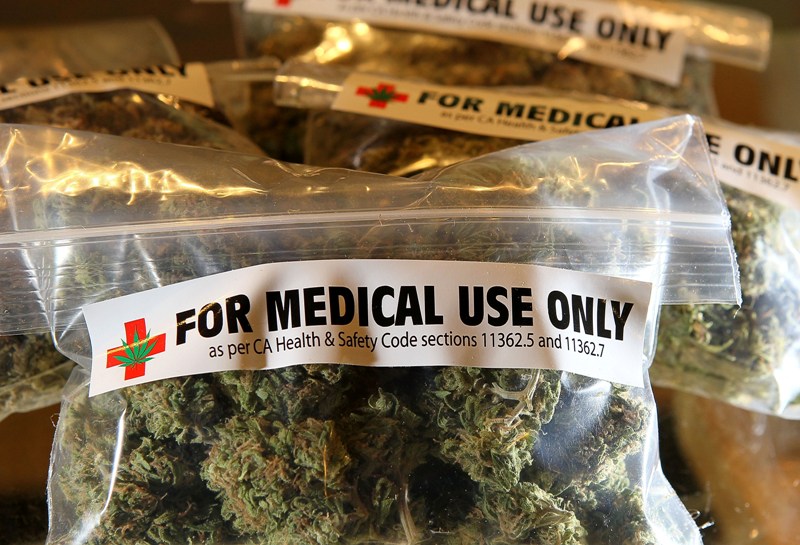
Decades of tension between states’ rights to legally dispense medical marijuana and the federal government’s power to prosecute the practice appears to have finally been reconciled with a new bill.
Buried in the federal spending measure, which is to be signed this week by President Barack Obama, is a provision that ends the federal government’s prohibition on medical marijuana, signaling a major win for marijuana reform.
Pro-pot advocates like Bill Piper from the Drug Policy Alliance fiercely lobbied Congress to embrace the administration’s new policy. “The war on medical marijuana is over,” said Piper, who called the new measure “historic.”
Officially, in states where medical marijuana is legal, retail dispensers no longer need to fear the possibility of federal raids on their operations. Though such hands-off policies have become standard practice under Obama, the bill to be signed this week will codify it into law.
This marks a new era of marijuana politics, where even Republicans, sans Chris Christie, prefer that such decisions ought to be left up to individual states.
Historically, Congress has resisted giving states any leeway on whether they could dispense marijuana for medical purposes. In 1998, Washington, D.C., voters approved the use of medical marijuana, yet Congress blocked the law from taking effect for nearly 11 years.
With this new bill, Congress will no longer have the authority to intervene in such a way.
In response to this history of prohibitive measures the government has put on states’ rights, Rep. Barbara Lee (D-Oakland) said, “The federal government should never get in between patients and their medicine.”
Currently, under the Controlled Substances Act, the Drug Enforcement Administration classifies marijuana as a Schedule I narcotic, alongside LSD, ecstasy, heroin, and peyote. The DEA classifies Schedule I narcotics as drugs that have a high potential for abuse with no medical value.
Under such classifications, the DEA considers marijuana more dangerous than cocaine and many other prescription drugs that kill thousands every year. But new research suggests marijuana is nowhere near as harmful as once thought. A change in classification is therefore reasonably necessary.
The medical marijuana movement has gained momentum in recent years, thanks to grassroots lobbying by marijuana reformists. “The war on medical marijuana is over,” said Bill Piper. “Now the fight moves on to legalization of all marijuana.”
